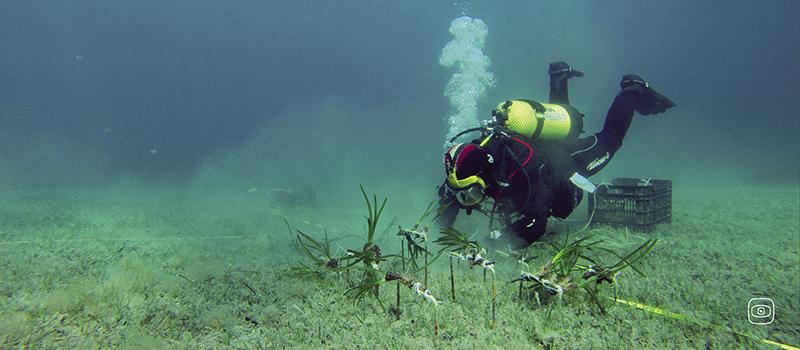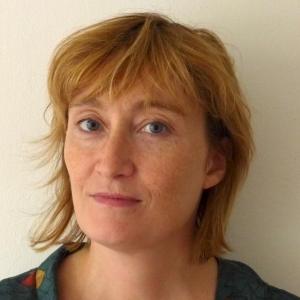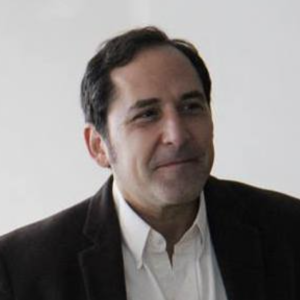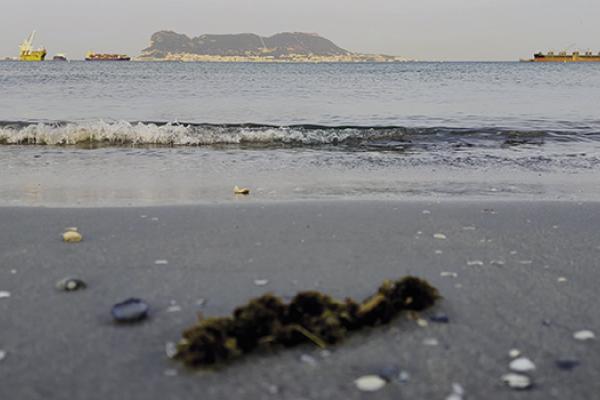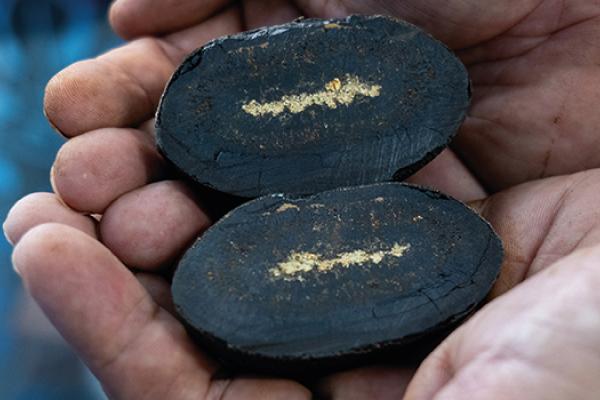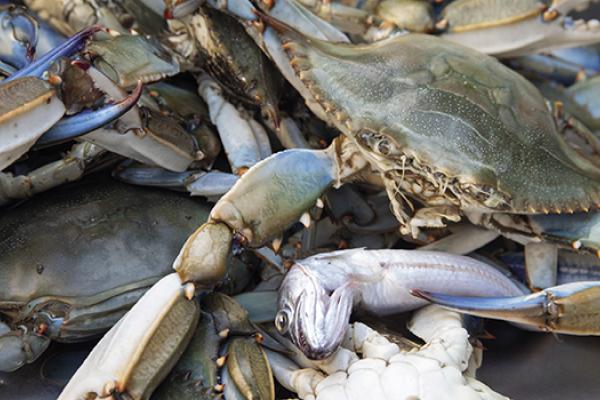Tourism and nautical recreation are eating away at the Mediterranean’s most vital underwater habitat. The ancient seagrass posidonia oceanica — a seagrass species that is a cornerstone of marine biodiversity and one of the planet’s most powerful natural carbon sinks — is under severe threat from unchecked anchoring in most Mediterranean coastal countries.
Despite protective laws on paper, marine protection enforcement remains weak and resources scarce, leaving the “lungs of the Mediterranean” dangerously exposed. Illegal sewage discharges are also an issue.
Key findings:
- Despite its protected status under EU law, uncontrolled anchoring continues to destroy vast underwater meadows. Italy is the country less protected among those visited while the main efforts in terms of legislation have been done in the Balearics. France has the most restrictive laws for luxury yachts.
- Enforcement of protection laws is weak and inconsistent across Mediterranean countries. Spain, France, and Italy have regulations on paper, but limited patrols, scarce resources, and fragmented governance mean violations often go unpunished.
- Anchoring by small rental boats and luxury yachts is the leading cause of destruction. Inexperienced or unlicensed tourists frequently drop anchors directly on seagrass beds, undoing centuries of growth in minutes.
- Pollution from illegal sewage discharges and desalination brine compounds the damage, reducing water clarity and depriving posidonia of sunlight — a critical factor for its survival.
- Restoration projects and mooring buoys offer partial solutions, but prevention is key. Scientists stress that protecting existing meadows through stronger enforcement, common Mediterranean-wide legislation, and public awareness is far more effective than replanting efforts, which are costly and slow.
Image by Mediterranean Institute of Advanced Studies (IMEDEA): Replanting of posidonia in Mallorca, Spain, as part of the Sea Forest project.
